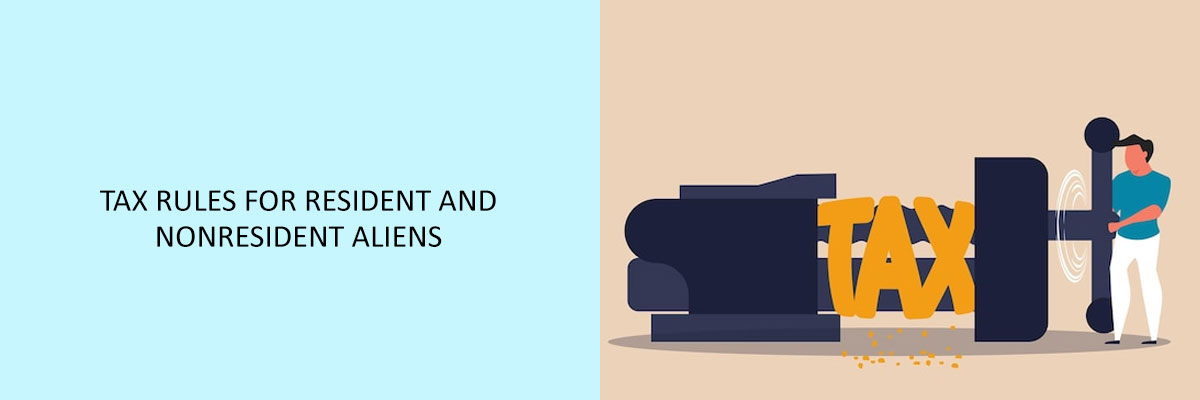Nonresident aliens are taxed on their worldwide income, while resident aliens are taxed only on income that is attributable to the United States. Nonresident aliens must pay tax on their worldwide income regardless of whether they have any taxable income in the United States. Resident aliens must report all of their taxable income from the United States, even if it is not attributable to the United States.



What are the Tax Rules for Resident and Nonresident Aliens?
Resident aliens are taxed only on income that is attributable to the United States. This means that resident aliens must report all of their taxable income from the United States, even if it is not attributable to the United States. Nonresident aliens must pay tax on their worldwide income regardless of whether they have any taxable income in the United States. There are also some special tax rules for resident aliens and certain types of foreign investment income.
There are several exceptions to these rules. For example, resident aliens are generally allowed a deduction for expenses related to earning income in the United States (such as taxes, rent, and mortgage payments). Nonresident aliens are not allowed this deduction.
Nonresident alien residents must pay U.S. taxes only on income from U.S. sources, such as wages, salaries, and other income from a job in the United States. They are not subject to additional taxes if they have income from U.S.-source investments or if they receive benefits from the United States government (such as military service).
Nonresident aliens are generally subject to a 30% tax on income from U.S.-source investments, regardless of whether they receive benefits from the United States government. Resident aliens are not generally subject to this tax but may be subject to other taxes on income, such as the regular income tax or Social Security taxes.
Some types of nonresident aliens are exempt from paying federal taxes on their worldwide income if they have no taxable U.S.-earned income and meet certain other conditions. These include nonresident aliens who are students, businesspersons, or professionals temporarily in the United States for purposes of performing services for a U.S. employer, as well as certain government officials and their spouses and dependents.
There are also special tax rules for certain types of foreign investment income. For example, nonresident aliens who are shareholders in a foreign corporation that is engaged in a trade or business in the United States are generally allowed a deduction for their share of the corporation’s U.S. income. Nonresident aliens are generally allowed a deduction for expenses related to earning income in the United States (such as taxes, rent, and mortgage payments).
Final Words
As a resident or nonresident alien, you may be subject to different income tax rules. It is important to understand these rules before you file your return.
In conclusion, long, complicated rules can make tax filing confusing. Fortunately, the IRS has provided detailed instructions to help everyone understand these complicated laws. Also, you can attend the Compliance Prime webinar to learn more about resident and nonresident taxation policies.


